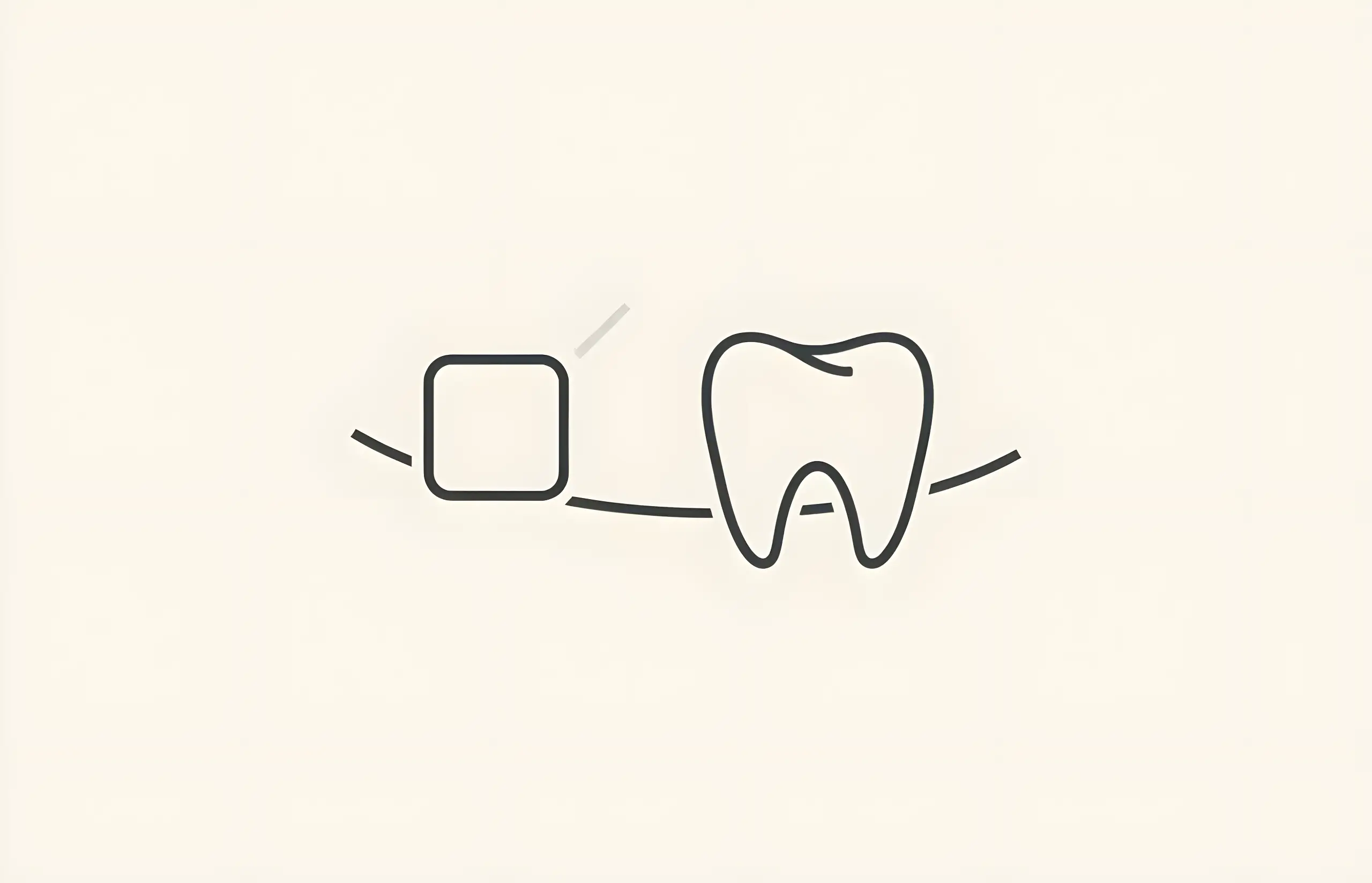Veneers are a popular treatment option to make teeth look better, but can you get veneers with missing teeth? Here is everything you need to know about these processes and how they work together.
Can Veneers Replace A Missing Tooth?
No. In dentistry, a veneer is a thin layer of porcelain or composite material bonded to a tooth's surface. Most veneers only cover the tooth's front surface and help to both protect the tooth from damage and create a better-looking smile.
The problem with asking, "can you get veneers with missing teeth?" is that veneers are not thick or durable enough to replace a missing tooth. Most of the pressure would fall onto their thin top surface, which would snap quickly under pressure without support from the tooth behind it.
However, there are some rare cases where veneers can be used as part of a replacement strategy for missing teeth. For example, if you need to have an unsightly band of metal on your tooth's front side for stability, a veneer could provide a covering to hide that.
These situations aren't common, but they can occur. So, can you get veneers with missing teeth? You can if it's genuinely necessary as part of the treatment process, but it won't be in the considerable majority of cases.
Treatment Options For Missing Teeth
There are many options for dealing with missing teeth. Here are some of the most popular alternatives that people use.
Option #1: No Treatment
Sometimes, a missing tooth doesn't require treatment. If it doesn't support any other teeth and won't lead to any future problems, leaving it alone is sometimes the fastest, safest, and cheapest way to address it. However, remember that only a professional can determine whether or not having no treatment is appropriate in any given circumstance.
Option #2: Dental Implants
Dental implants are a two-part replacement for a tooth that's too damaged to save. They consist of a metal screw set into the jawline and a false tooth on the surface that's designed to look natural.
Dental implants are moderately expensive, but they have the benefit of looking entirely natural and last a long time. They can also help support bridges, dentures, or other types of replacements if you end up needing those in the future. For individual missing teeth, dental implants are usually the best long-term option.
Option #3: Bridges
Bridges close the gap between your teeth and consist of one or more false teeth held in place by the natural teeth on either side. While not quite as sturdy as implants, bridges are noticeably cheaper and are therefore a popular choice when people have several missing teeth in a row. Most bridges consist of at least three replacement teeth, but you often have to replace the whole thing if any of it gets damaged.
Option #4: Dentures
Dentures are entire rows of false teeth. These are available in upper, lower, and both formats depending on your needs. While not as secure as dental implants or bridges, they're very affordable and may be the best option if your mouth can't support other options.
Sources and References
-
[1]
The Success of Dental Veneers According To Preparation Design and Material TypeOpen Access Macedonian Journal of Medical Scienceshttps://pmc.ncbi.nlm.nih.gov/articles/PMC6311473/
-
[2]
Rehabilitation strategies for partially edentulous-prosthodontic principles and current trendsMedical Journal, Armed Forces Indiahttps://pmc.ncbi.nlm.nih.gov/articles/PMC4920826/
-
[3]
Meta-analysis of Failure and Survival Rate of Implant-supported Single Crowns, Fixed Partial Denture, and Implant Tooth-supported ProsthesesJournal of International Oral Healthhttps://pmc.ncbi.nlm.nih.gov/articles/PMC4589703/
-
[4]
Cost-effectiveness modeling of dental implant vs. bridgeClinical Oral Implants Researchhttps://pubmed.ncbi.nlm.nih.gov/19530315/
All sources accessed and verified on . Medical information reviewed for accuracy and compliance with current guidelines.
Related Articles

Alternatives to Veneers
Comprehensive guide to cosmetic dentistry alternatives to veneers, including teeth whitening, microabrasion, orthodontics, tooth recontouring, and dental bonding
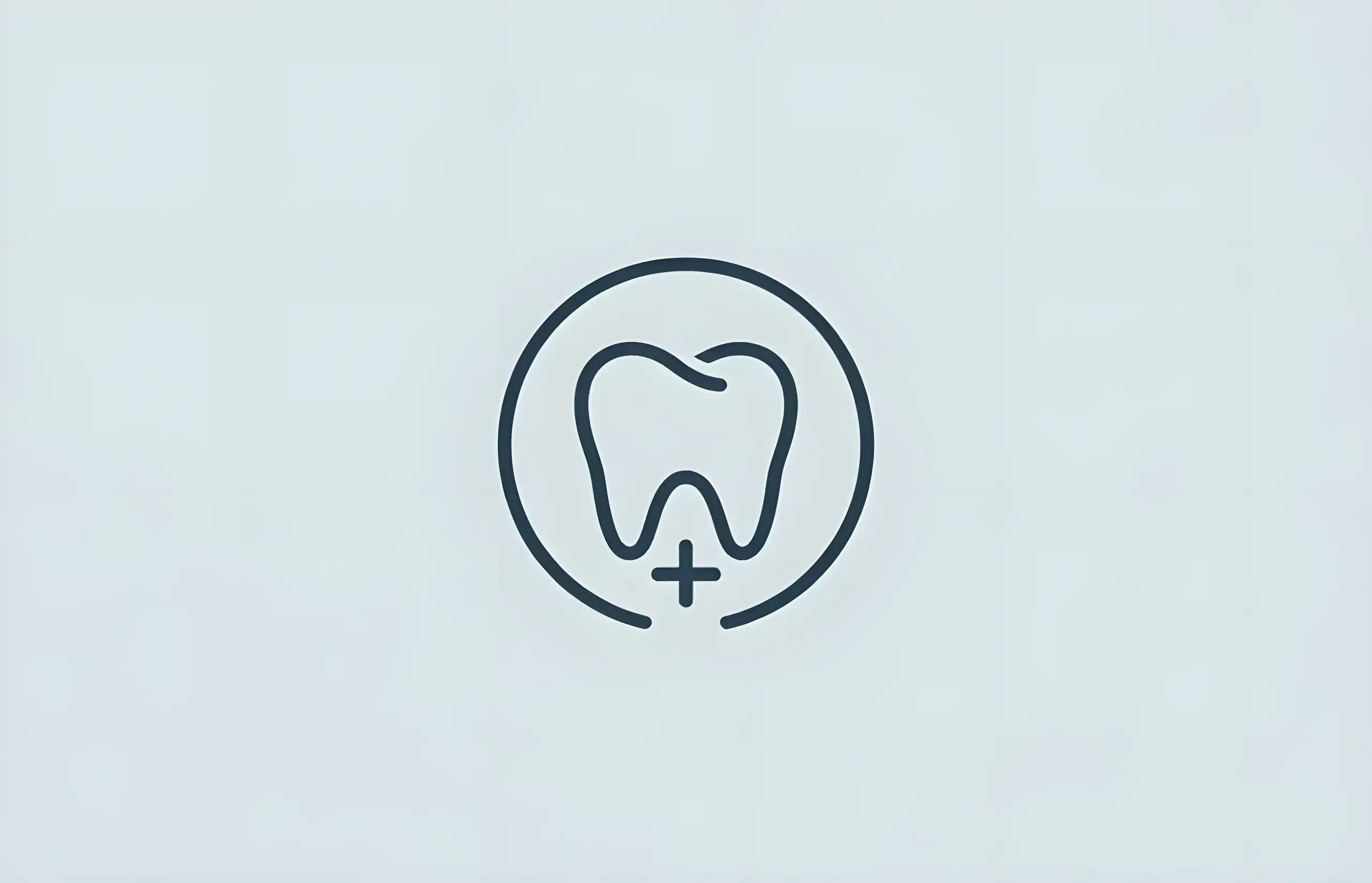
Are Dental Veneers Safe?
Comprehensive guide to dental veneer safety, including risks, complications, success rates, and important considerations for this popular cosmetic procedure

Are Veneers Bad for Your Teeth?
Comprehensive guide to how veneers affect your teeth, including enamel removal, long-term effects, proper placement, and important considerations

Are Veneers Covered By Dental Insurance?
Complete guide to dental veneer insurance coverage, when veneers may be covered, costs without insurance, and other dental procedures typically covered by insurance

How Much Do Composite Veneers Cost?
A comprehensive guide to composite veneer costs, comparing prices with porcelain veneers and understanding what affects the price

Composite Veneers vs Porcelain Veneers
Comprehensive comparison of composite and porcelain veneers including costs, longevity, aesthetic results, treatment procedures, and which option is best for your smile transformation

How Much Do Dental Veneers Cost in the UK?
Comprehensive guide to dental veneers including history, materials (composite, porcelain, lithium disilicate), treatment process, costs (£200-£1000 per tooth), longevity, care instructions, and cost factors

Do Veneers Fall Off?
Comprehensive guide to veneer longevity including survival rates, causes of debonding and failure, composite vs porcelain durability, prevention strategies, and how to protect your veneers
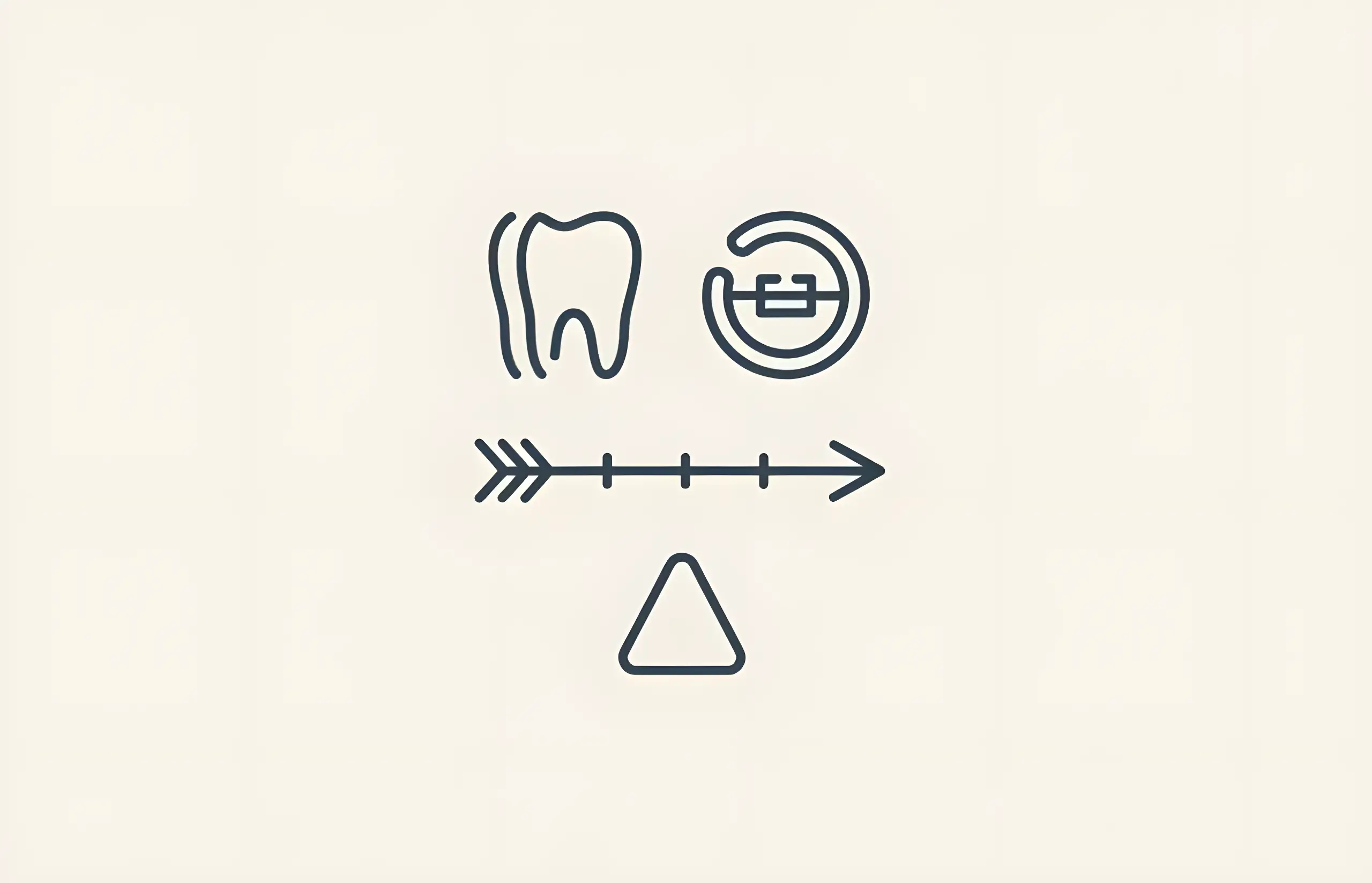
How Long Do Veneers Last?
Comprehensive guide to veneer longevity including survival rates, replacement considerations, irreversible enamel removal, color stability issues, and alternative restoration options
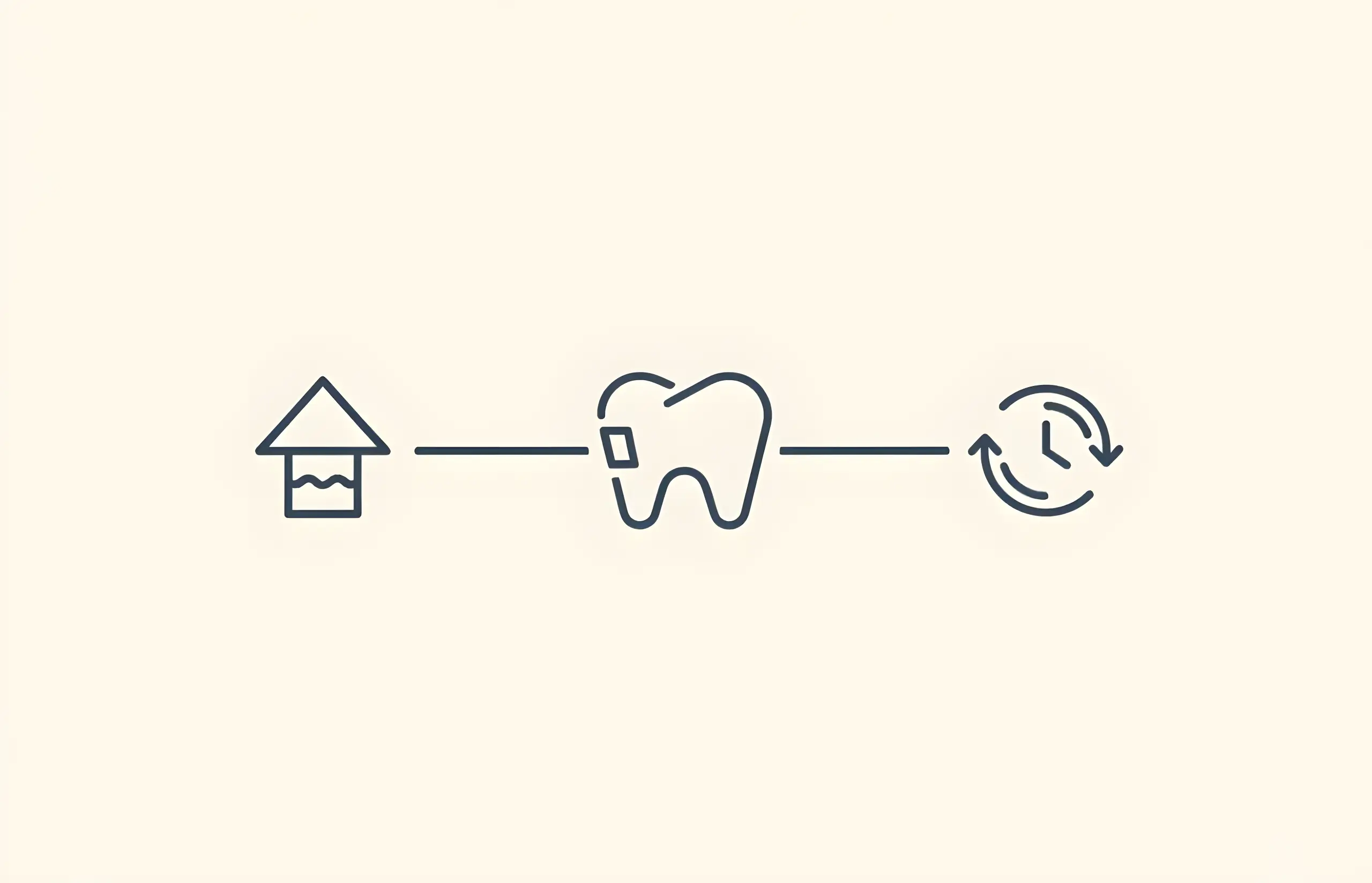
How Long Does It Take To Get Dental Veneers Fitted?
Complete Timeline Guide (3-4 Weeks Total, 94.4% Survival at 5 Years, 93.5% at 10 Years)
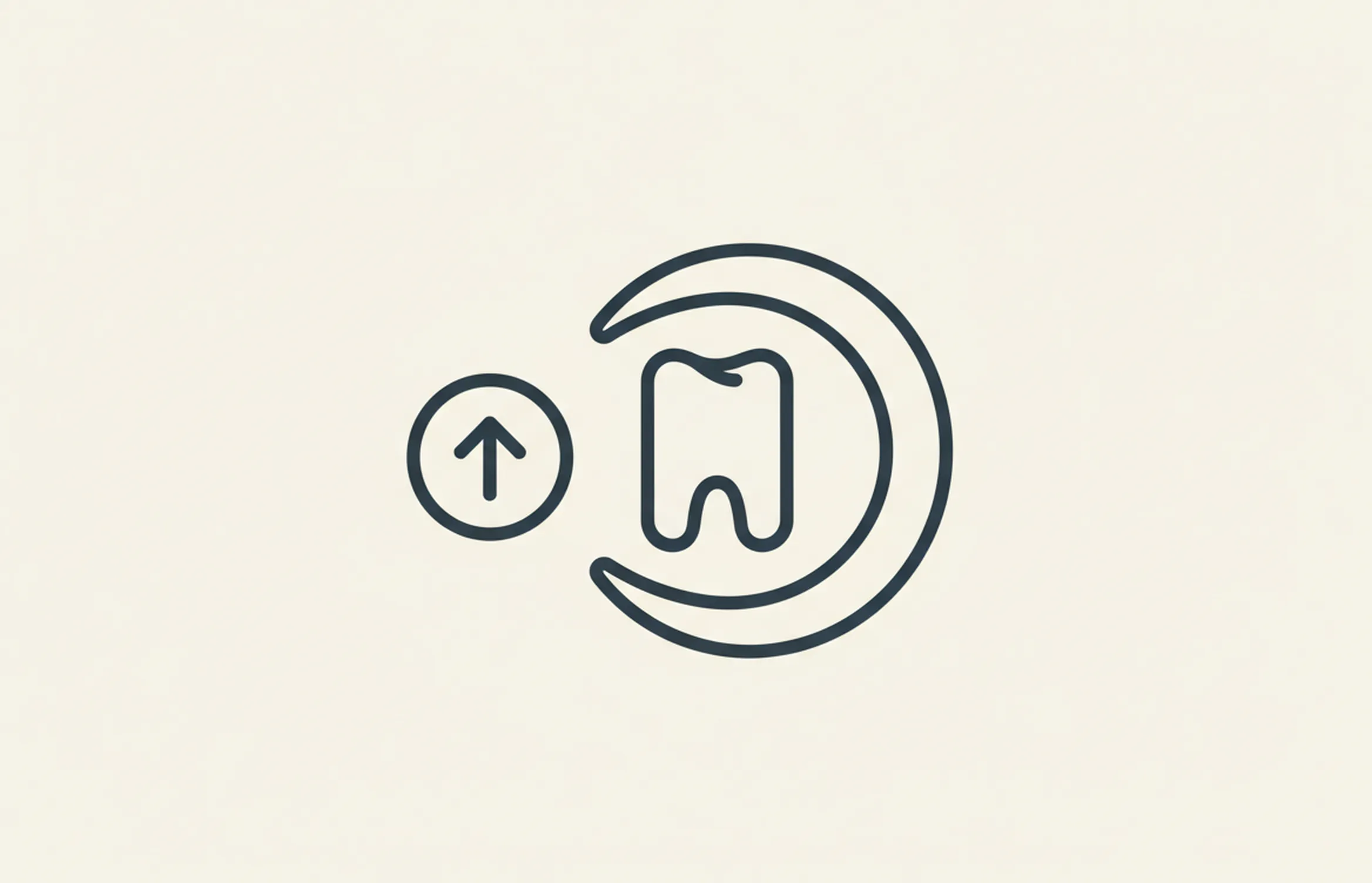
How Old Do You Have To Be To Get Veneers?
Comprehensive guide to age requirements for dental veneers, tooth development considerations, adolescent veneers, enamel bonding requirements, and factors affecting veneer candidacy

Do Porcelain Veneers Stain?
Comprehensive guide to porcelain veneers staining resistance, marginal discoloration (most common complication), color stability compared to composite, beverage effects (Coca-Cola worst, coffee second), surface roughness impact, and prevention strategies

The Pros and Cons of Veneers
Learn about the advantages and disadvantages of porcelain veneers including improved appearance, durability, stain resistance, cost, maintenance, and who is a suitable candidate
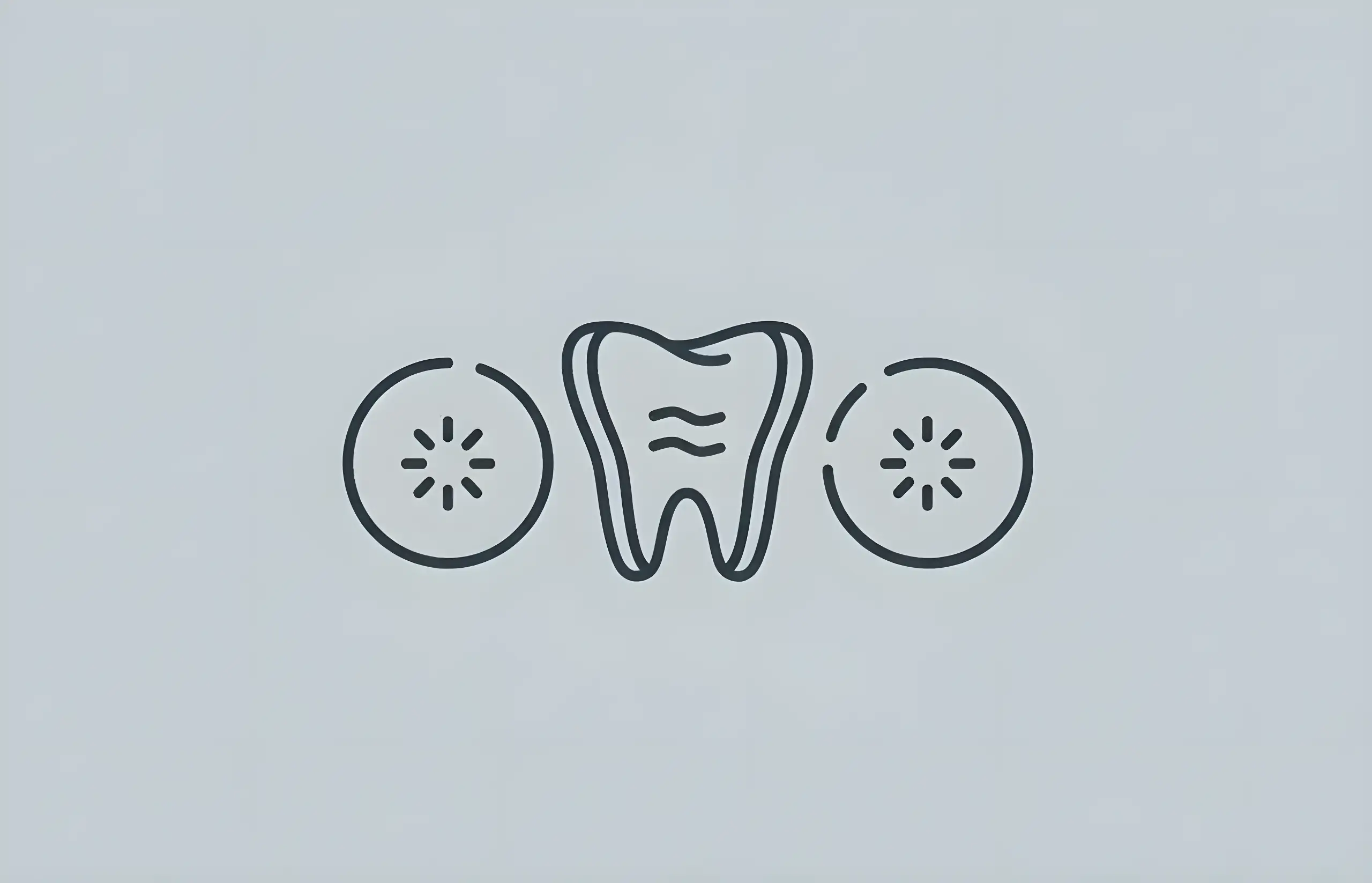
Sensitive Teeth After Veneers
Understanding causes, treatment options, and what to expect when experiencing tooth sensitivity after veneer placement

Different Types of Veneers
Comprehensive guide to veneer types including porcelain, composite, instant, and removable veneers with survival rates, costs, pros and cons, and how to choose the right option

Veneers For Front Teeth Gap
How porcelain veneers can effectively close diastema and improve your smile with a permanent, natural-looking solution

Veneers For Underbite Correction
Learn about using veneers for underbite correction including what underbites are, how veneers can help in mild cases, possible problems, and alternative treatment options

Can You Get Veneers With Crooked Teeth?
Comprehensive guide to using veneers for crooked teeth, including when they work, limitations, material options, and alternative orthodontic treatments
About The Dental Guide
The Dental Guide is a trusted online resource providing evidence-based information about dental health, treatments, and procedures. Our content is created and reviewed by qualified dental professionals to help you make informed decisions about your oral health.
Our Mission
- Evidence-based dental information
- Expert-reviewed content
- Clear, accessible explanations
- Latest treatment options
- Patient-focused guidance
Editorial Standards
- GDC-registered dental professionals
- Peer-reviewed sources
- Regular content updates
- Medical accuracy verification
- Transparent authorship
Important Notice
The information on The Dental Guide is for educational purposes only and should not replace professional dental advice. Always consult with a qualified dentist for diagnosis and treatment recommendations tailored to your individual needs and circumstances.
Medically Reviewed
Reviewed by Dr. Nasim Mechoui , BDS (Bristol)
Share this article
Comments & Discussion
Have questions about dental implants? Share your thoughts or experiences.
